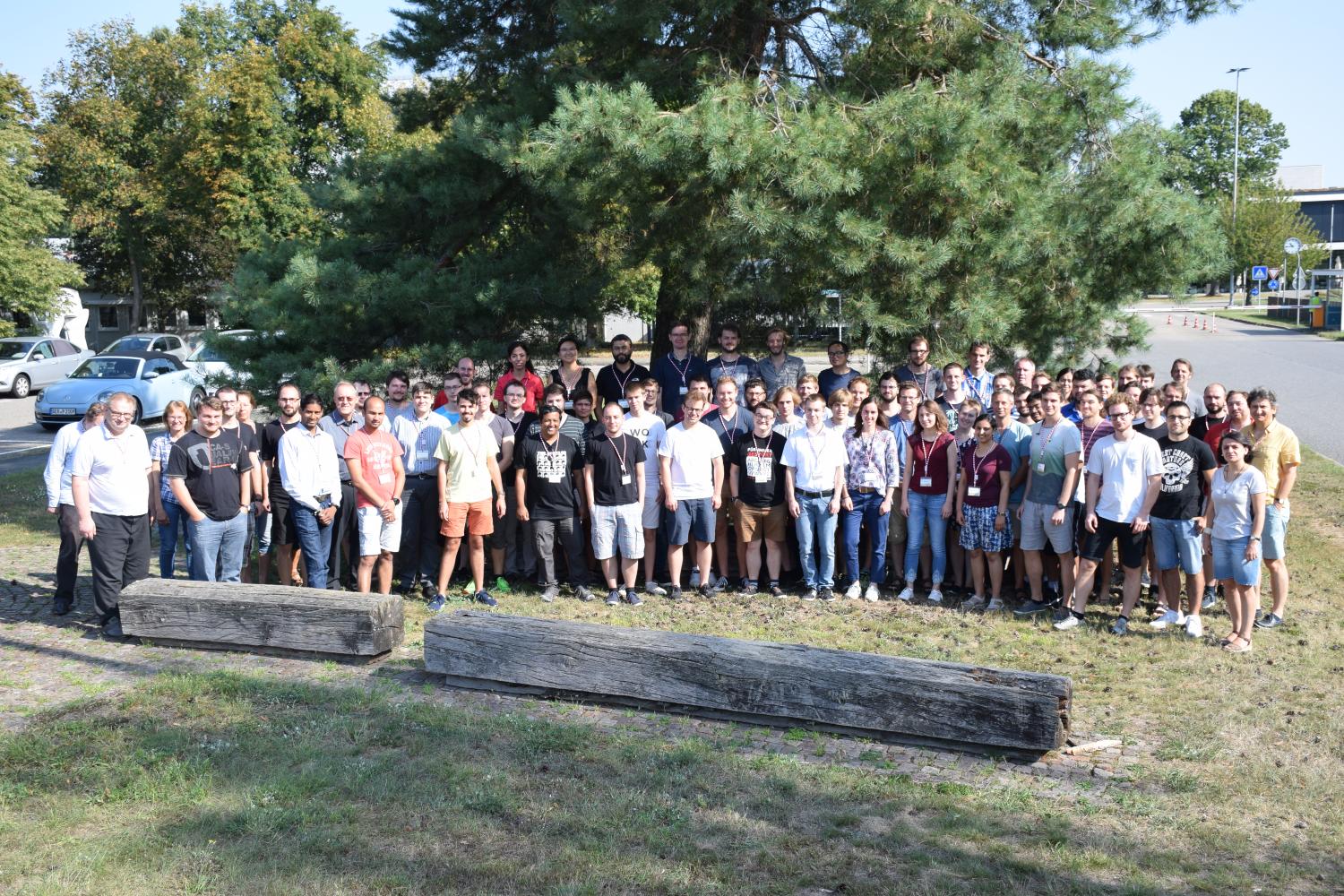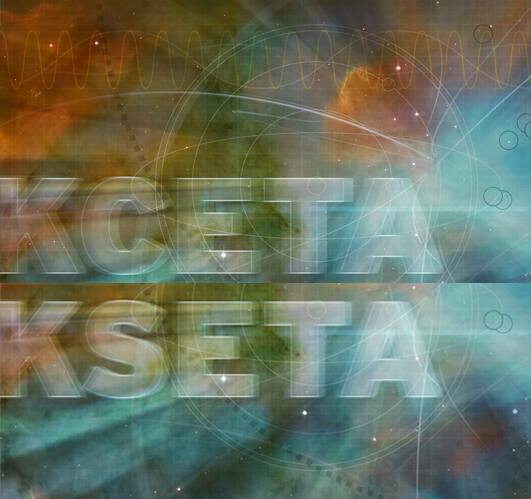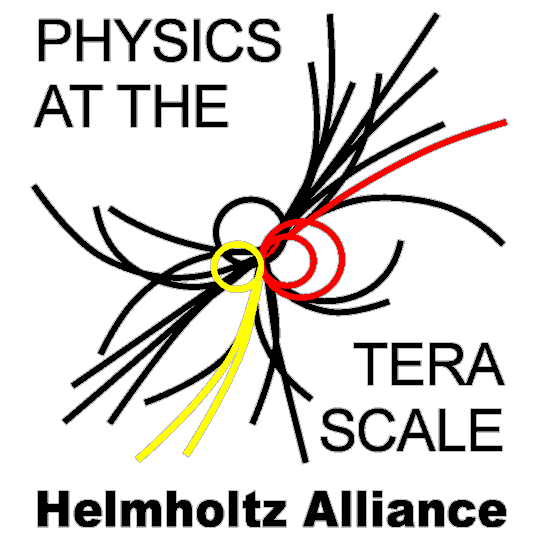- Indico style
- Indico style - inline minutes
- Indico style - numbered
- Indico style - numbered + minutes
- Indico Weeks View
GridKa School 2019 - The Art of Data
→
Europe/Berlin
KIT, Campus North, FTU
KIT, Campus North, FTU
Description
 The International GridKa School 2019 is one of the leading summer schools for advanced computing techniques in Europe. The school provides a forum for scientists and technology leaders, experts, and novices to facilitate knowledge sharing and information exchange. The target audience is different groups such as graduate and PhD students, advanced users as well as IT administrators. GridKa School is hosted by Steinbuch Centre for Computing (SCC) of Karlsruhe Institute of Technology (KIT).
The International GridKa School 2019 is one of the leading summer schools for advanced computing techniques in Europe. The school provides a forum for scientists and technology leaders, experts, and novices to facilitate knowledge sharing and information exchange. The target audience is different groups such as graduate and PhD students, advanced users as well as IT administrators. GridKa School is hosted by Steinbuch Centre for Computing (SCC) of Karlsruhe Institute of Technology (KIT).
Workshops - Plenary Talks - Social Events
Hands-on sessions and workshops give participants an excellent and unique chance to gain practical experience on cutting edge technologies and tools.
Plenary talks presented by experts cover theoretical aspects of school topics and focus on innovative features of data science on modern architectures.
Two social events are important parts of the school. Participants improve their networking and have fun by getting in touch with interesting people in a relaxed atmosphere.
Topical Highlight
- State of the art programming and modern programming languages
- Scalable and extensible computing infrastructure for scientific computing
- Machine Learning
Partners
The GridKa School is proudly supported by


Contact
